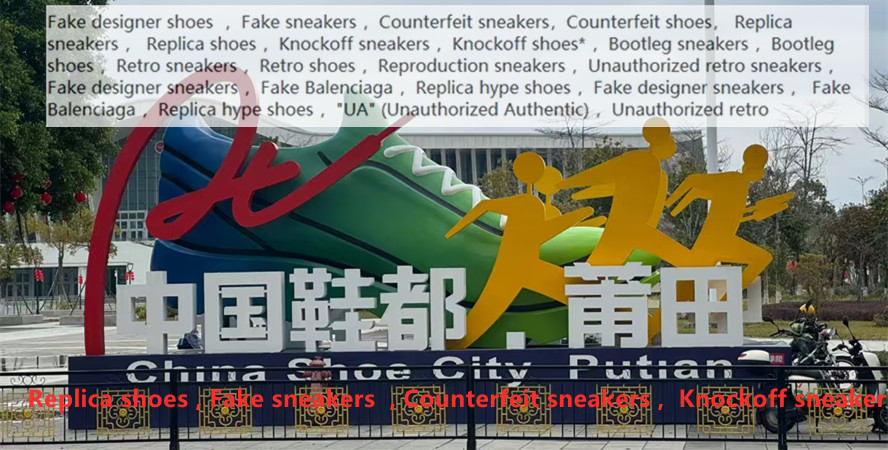
Replica sneakersIs Selling Fake Putian Shoes in Shopping Malls Illegal?
Replica sneakersIs Selling Fake Putian Shoes in Shopping Malls Illegal?,

Selling Fake Shoes in Malls: Legal Ramifications and Moral Considerations
In the realm of retail business, selling goods, including footwear, within a mall is a common practice. However, the sale of certain items, such as counterfeit or fake shoes, often known as "fake" or "replica" goods, may cross the line into illegal territory. The case of selling fake shoes from the city of Putian in China, particularly in areas close to malls, exemplifies this complex issue.
First, it is important to understand the legal implications of selling fake shoes. In many countries, the sale of counterfeit goods is prohibited by law due to intellectual property rights violations and consumer protection issues. This means that if a seller is caught offering fake footwear for sale without proper authorization from the brand owner, they can face legal action. This not only involves financial penalties but may also lead to imprisonment.
Fake Shoes and Moral Considerations
Beyond the legal implications, there are also moral considerations to take into account when considering selling fake shoes in malls. Consumers have a right to expect genuine products when purchasing items in a store, especially in a reputable retail environment like a mall. Selling fake goods may deceive customers and erode trust in the retail industry.
Moreover, the sale of counterfeit footwear may affect legitimate businesses. If fakes are widely available in a mall, it may negatively impact the sales of genuine products as consumers opt for cheaper alternatives that may offer similar designs but inferior quality.
Moreover, it is important to recognize that many counterfeit goods are made in conditions that do not prioritize worker welfare or environmental sustainability. This aspect further calls for ethical considerations when considering the sale of such products.
Conclusion
In conclusion, selling fake shoes in malls is not only illegal but also unethical. It not only poses legal risks for the seller but also harms consumers and legitimate businesses. Furthermore, it contributes to unethical manufacturing practices that often prioritize profit over social and environmental sustainability. Therefore, it is advisable for all stakeholders involved in retail business to steer clear of such illegal activities and prioritize genuine and ethical practices.

- Knockoff sneakersPute Shoe Designer Salary Review: Is It High?
- Retro shoesHow to Remove Text from Putian Shoes
- Counterfeit shoes"Can You Post an Fashoe Product Page on Douyin Platform?"
- Retro shoesIs it Illegal to Sell Putian Shoes via Public Accounts?
- Fake designer shoesIs the Product from Quanzhou Actually a Shoe from Putian?
- Fake BalenciagaShould Putian Fake Shoes' After-Sales Service Be Cracked Down On?
- Counterfeit shoesPuyang shoes size chart: what size to choose?
- Fake Balenciaga"Where to Buy Authentic Putian Shoes - Pure Original Quality"

